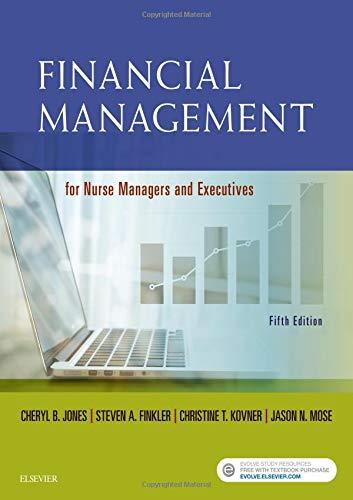Question
THE CASE: Adelaide Manufacturing (AM) is a suburban metal manufacturer that is operated by the Carter family and is constituted as a small proprietary limited
THE CASE: Adelaide Manufacturing (AM) is a suburban metal manufacturer that is operated by the Carter family and is constituted as a small proprietary limited company. Helen Grant is the firms senior accountant. AM is currently negotiating with seven other small metal manufacturing firms to combine as a new entity that will undertake advanced manufacturing of metalworking tools for the national market. Over time, it is expected that the new entity will become a leader in the Fabricated Metal Product Manufacturing industry. The new entity will be constituted as a proprietary limited company, with each of the new owners (15 in total) holding one share each, and each having one seat on the board of directors. No further equity investment is envisaged in the short term, but the new entity will require significant borrowings to fund the expansion, and to purchase some existing ancillary services. The new entity will be called Advanced Machine Tooling Pty Ltd (AMT). Helen Grant will be employed as the Chief Financial Officer of AMT. It is expected that, at inception, AMT will have a staff of 40, assets of $80m and annual revenue of $100m.
AMT will consolidate its management, accounting, sales and warehousing functions in the Adelaide central business district, but manufacturing will be undertaken at two suburban and two regional factories. Each of the four factories will have an administration officer and an accounts clerk. A new purpose designed information system for managing records, payroll and personnel, inventory, and accounting will be purchased. The owners expect that such a change will provide for significant economies of scale and efficiencies. If all goes well, AMT will expand interstate over the next few years by purchasing other small firms. Helen Grant believes that it will be good for her career to take the appointment as Chief Financial Officer (CFO), even though it will mean a significant increase in her workload, since the owners have made it clear that they wish to focus on market development and leave her to manage the finances.
Helen believes that the new entity will require an external audit. However, one of the owners suggested that this would result in unnecessary costs, and that an annual review would suffice. Furthermore, he added, none of the firms that were coming together to form AMT had found it necessary to have an external audit in the past. Helen Grant decided to write a letter to all the owners explaining why she believes that AMT would benefit more form an audit than from a review.
QUESTION 1: The benefits of an audit
With reference to the facts of the case, explain what Helen Grant could have said to support her view that AMT would benefit more from an audit than from a review.
QUESTION 2: Client acceptance
With reference to facts of the case, and the appropriate auditing standards and the code of ethics, outline the main issues that ABCA to have had to consider when accepting the audit of AMT, and explain why such issues are important.
Step by Step Solution
There are 3 Steps involved in it
Step: 1

Get Instant Access to Expert-Tailored Solutions
See step-by-step solutions with expert insights and AI powered tools for academic success
Step: 2

Step: 3

Ace Your Homework with AI
Get the answers you need in no time with our AI-driven, step-by-step assistance
Get Started


